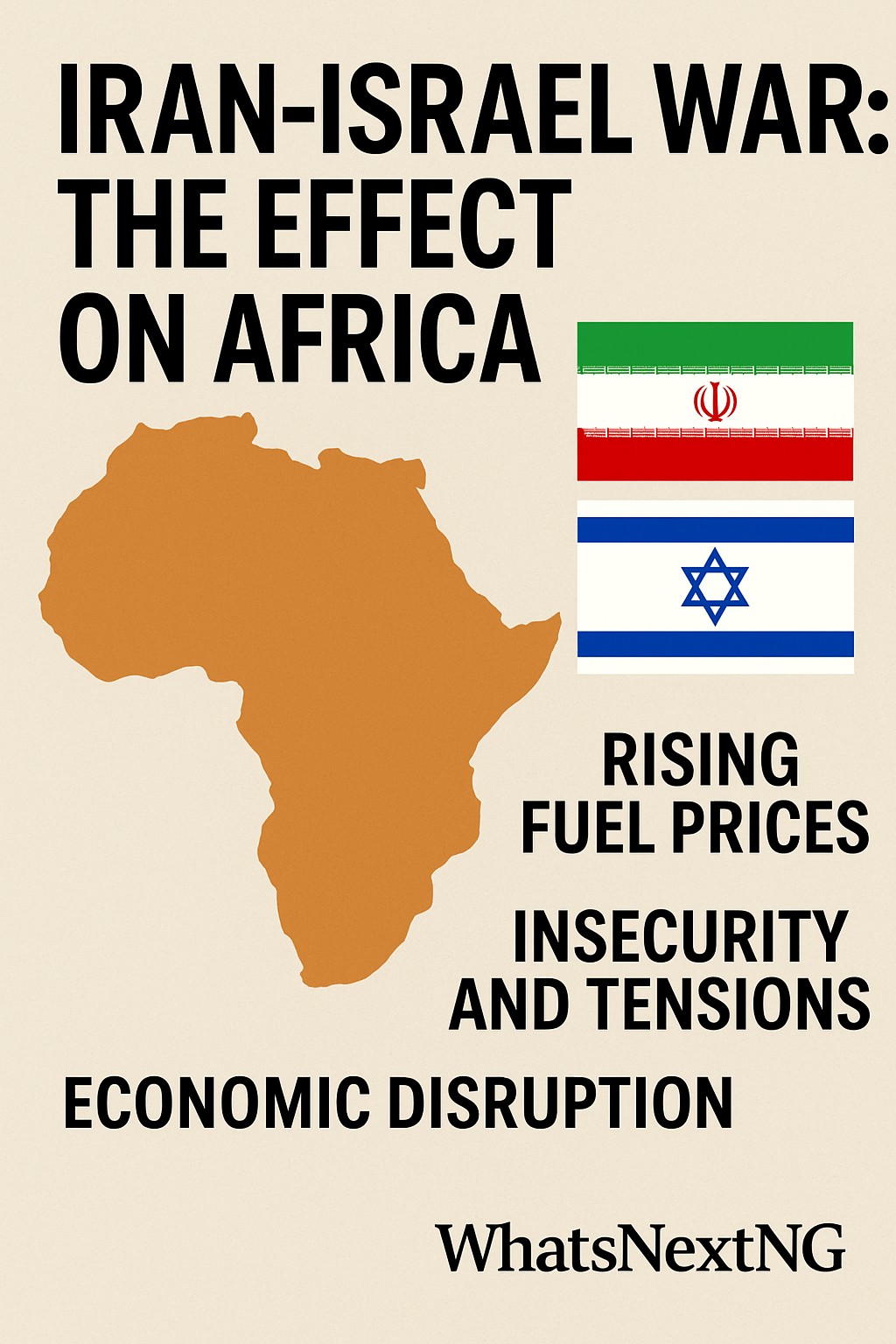
Kenyan Anniversary Celebration: Political Violence Claims Two Lives, Exposes Deep National Divide
What was supposed to be a moment of national pride turned tragic as Kenyan Anniversary much-publicized Independence Anniversary event erupted into deadly violence, leaving two people dead and dozens injured. Held in Nairobi on June 22, 2025, the event aimed to mark over six decades of independence from British colonial rule but it quickly spiraled into protests, police brutality, and a brutal display of political division.
Instead of unifying a nation, the celebration laid bare the fractured reality of Kenyan politics, the suppression of dissent, and the growing public frustration over corruption, unemployment, and government heavy-handedness.
The Incident: From Celebration to Bloodshed
Eyewitnesses report that the anniversary event began with speeches and parades, but tensions escalated when youth groups began chanting anti-government slogans, accusing President William Ruto’s administration of “economic deception” and “betraying the spirit of independence.”
Security operatives reportedly moved in swiftly and violently to disperse the protesters. In the chaos that followed:
- Two individuals were confirmed dead, one from a gunshot wound.
- Over 20 people were injured, including journalists and medical volunteers.
- Videos surfaced of police using tear gas and batons on civilians, some of whom were not even protesting.
“We came to celebrate. Now we’re mourning. This is not the Kenya we fought for,” said Esther K., a mother whose 19-year-old son was among the injured.
ALSO READ
Best Travel Advice for Nigerians in 2025
Kenya anniversary protests turn violent, 8 dead
A Deeper Crisis: Independence or Oppression?
Kenya, long seen as a democratic leader in East Africa, now faces serious scrutiny over its increasingly authoritarian tactics. Human rights groups are calling the anniversary violence a disturbing pattern in which national ceremonies are used to mask government failings and crack down on dissent.
“The government wants to choreograph national unity while silencing anyone who speaks against injustice. That is not democracy that is dictatorship in a suit,” said a representative from the Kenya Human Rights Commission (KHRC).
The Trigger: Broken Promises, Boiling Youth Anger
So why did the anniversary turn violent?
Many analysts point to broken campaign promises by the Ruto government:
- Youth unemployment remains over 35%.
- The cost of living has surged due to fuel subsidies being slashed.
- Allegations of high-level corruption are growing.
- The new tax reforms introduced this year are widely unpopular, hitting the middle and lower classes hardest.
Youths say they’ve heard the same independence rhetoric for years while their lived reality gets worse.
“Independence doesn’t mean anything when we can’t eat, can’t work, and can’t speak,” tweeted @KenyanRebel on X (formerly Twitter).
Social Media as a Weapon and a Lifeline
As mainstream media hesitated to show the extent of police brutality, citizen journalists and social media users quickly flooded the internet with graphic videos, real-time updates, and survivor testimonies.
This digital activism led to:
- #KenyaAtWar trending globally within hours.
- International watchdogs issuing urgent calls for an investigation.
- The government scrambling to control the narrative, labeling protesters as “criminal elements.”
Ironically, what the state tried to suppress spread like wildfire online, fueling more anger and public awareness.
Who’s Responsible?
While President Ruto’s office expressed “regret” over the violence and promised an investigation, no high-ranking official has resigned or been suspended. The Ministry of Internal Security blamed “infiltrators” for inciting violence a claim that many Kenyans are calling a desperate excuse.
“If you can’t guarantee peaceful celebration, then maybe you’re the problem, not the people,” said prominent activist and lawyer Miguna Miguna.
Kenya’s Political Powder Keg
This is not the first time national events in Kenya have turned violent. In fact, it fits a pattern:
- 2017: Presidential election protests led to dozens of deaths.
- 2022: Post-election celebrations were marred by tribal clashes.
- Now 2025: An independence celebration ends in bloodshed.
This is evidence of deep-rooted fractures in Kenya’s political culture, where ethnic loyalty, economic inequality, and authoritarian policing intersect violently.
Where Is the African Union? The Deafening Silence
In moments like this, one expects continental bodies like the African Union (AU) or ECOWAS to issue strong condemnations or mediation efforts. But as usual, the AU has remained silent, focusing instead on pan-African trade and ceremonial summits.
This silence sends a dangerous message: state-sponsored violence is acceptable if done under the flag of national pride.
WhatsnextNG Thoughts: Independence Day or State-Sanctioned Mourning?
Kenya’s anniversary was meant to celebrate progress, democracy, and freedom. Instead, it reminded its citizens and the world that freedom without justice is meaningless.
The blood spilled at this year’s celebration is not just tragic. It’s a political indictment of a system that speaks of democracy while clubbing protesters with batons and silencing their cries with tear gas.
Until there is justice, Kenya is not free.
Kenya’s 2025 Independence Anniversary celebration turned deadly when protests broke out during the event in Nairobi, leading to violent police crackdowns that left two people dead and several injured.
What began as a national celebration quickly became a scene of chaos, with citizens especially youthsexpressing outrage over economic hardship, corruption, and unmet promises by President Ruto’s administration.
The incident sparked widespread social media backlash and international concern, exposing deep divisions within Kenyan society and raising serious questions about the government’s handling of dissent.
The tragedy has reignited debate over Kenya’s democratic health and whether the country is truly free if peaceful voices are silenced with force.
And until African leaders stop confusing nationalism with authoritarianism, our independence anniversaries will be nothing but public funerals in disguise.







